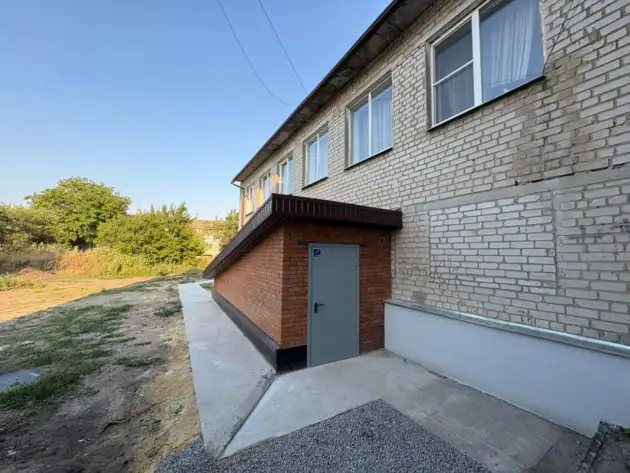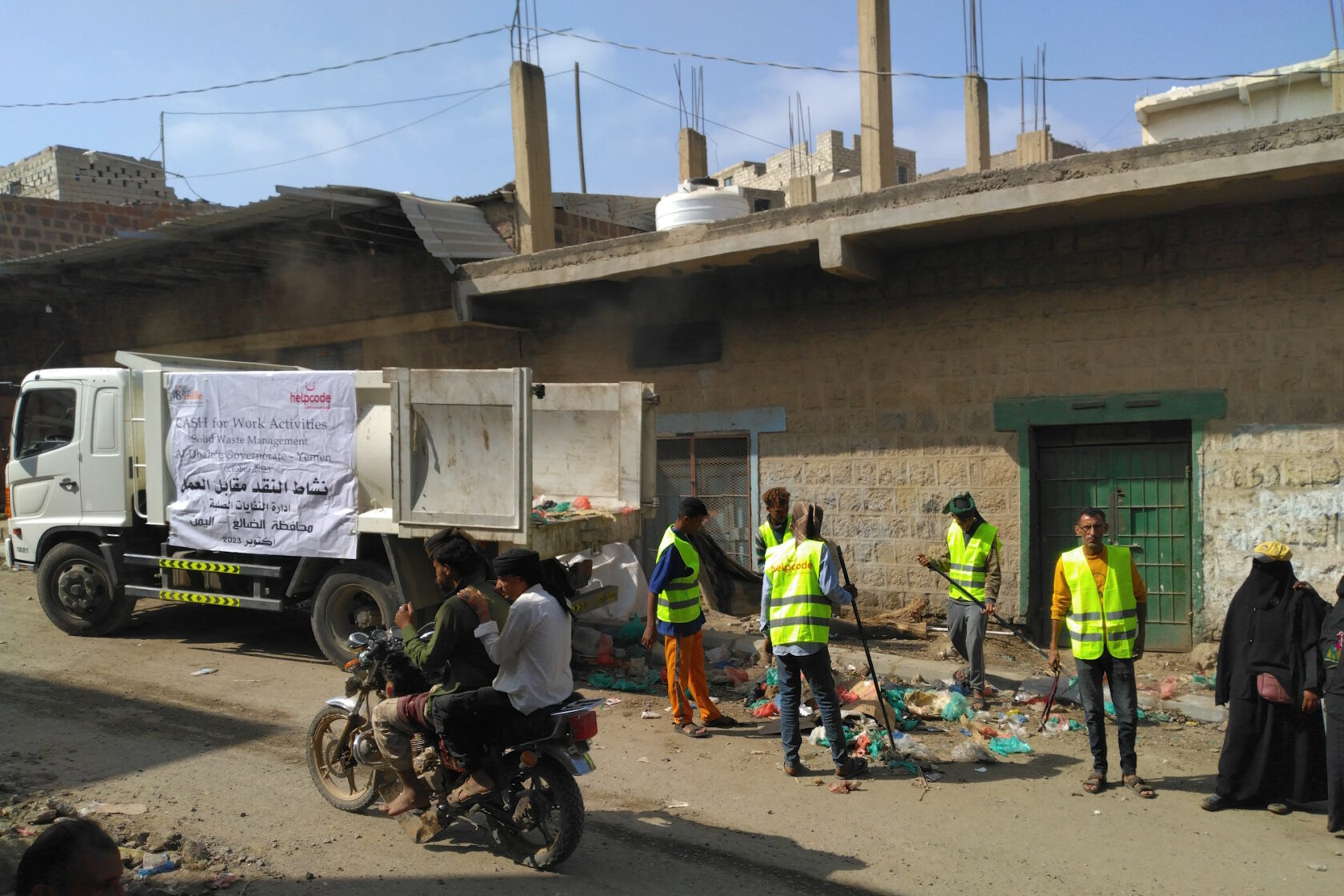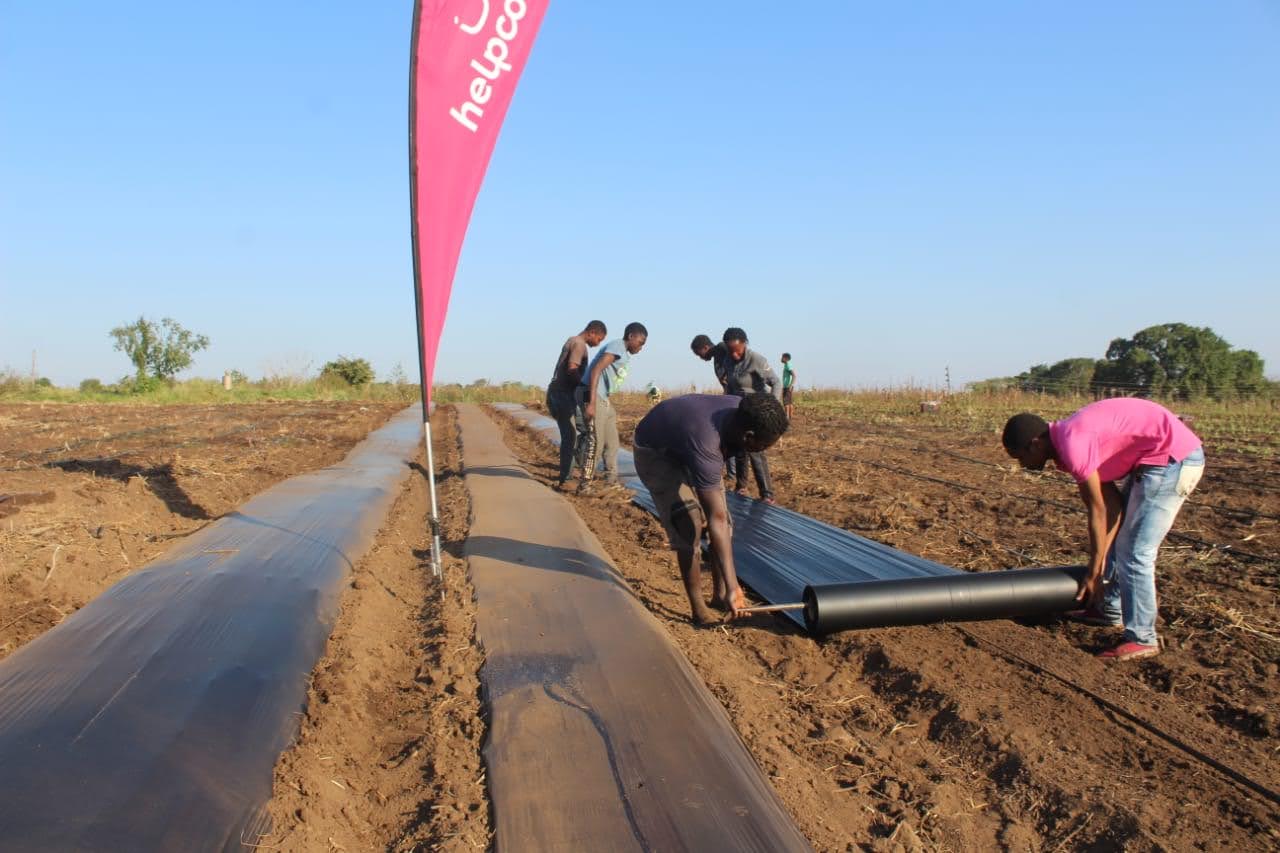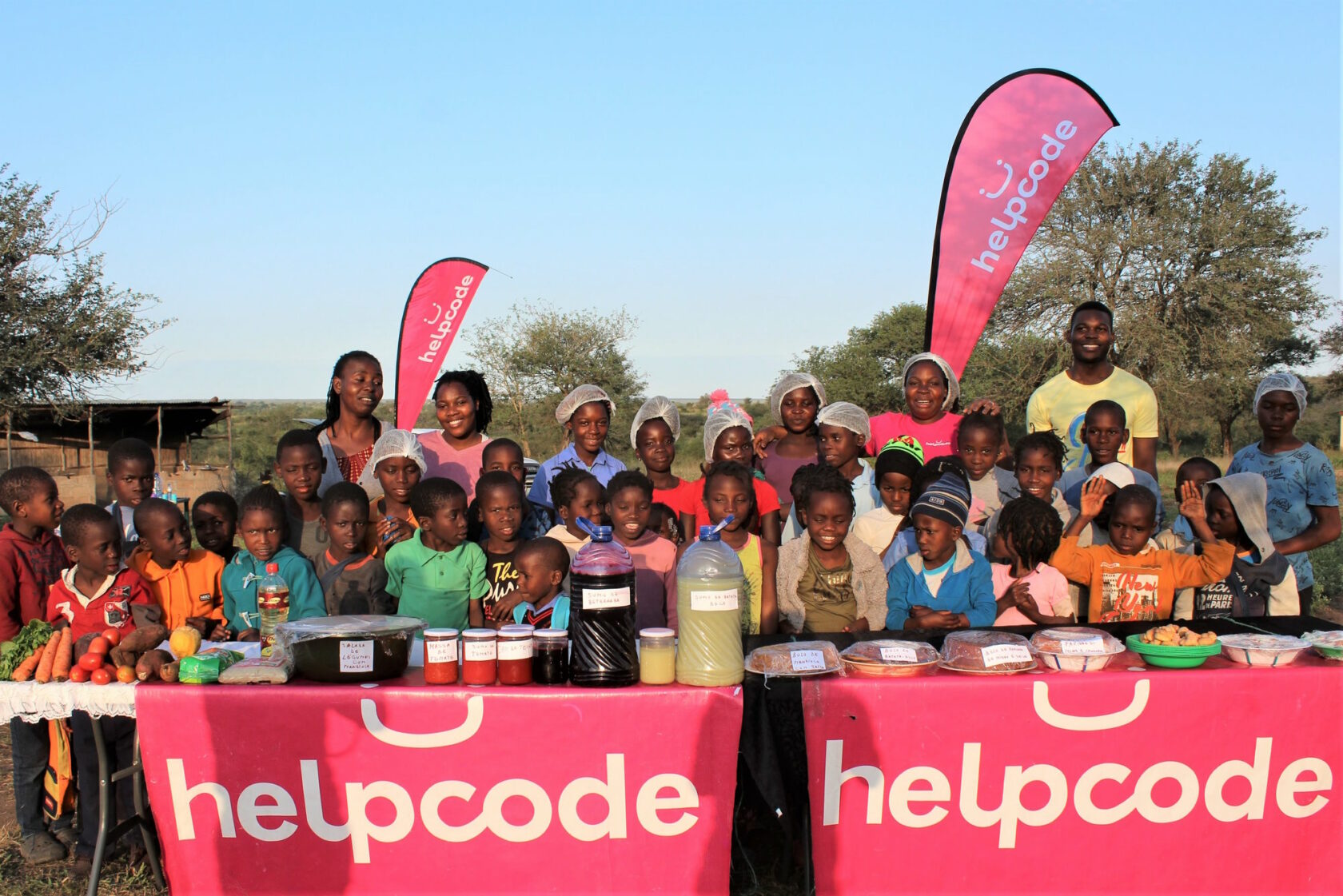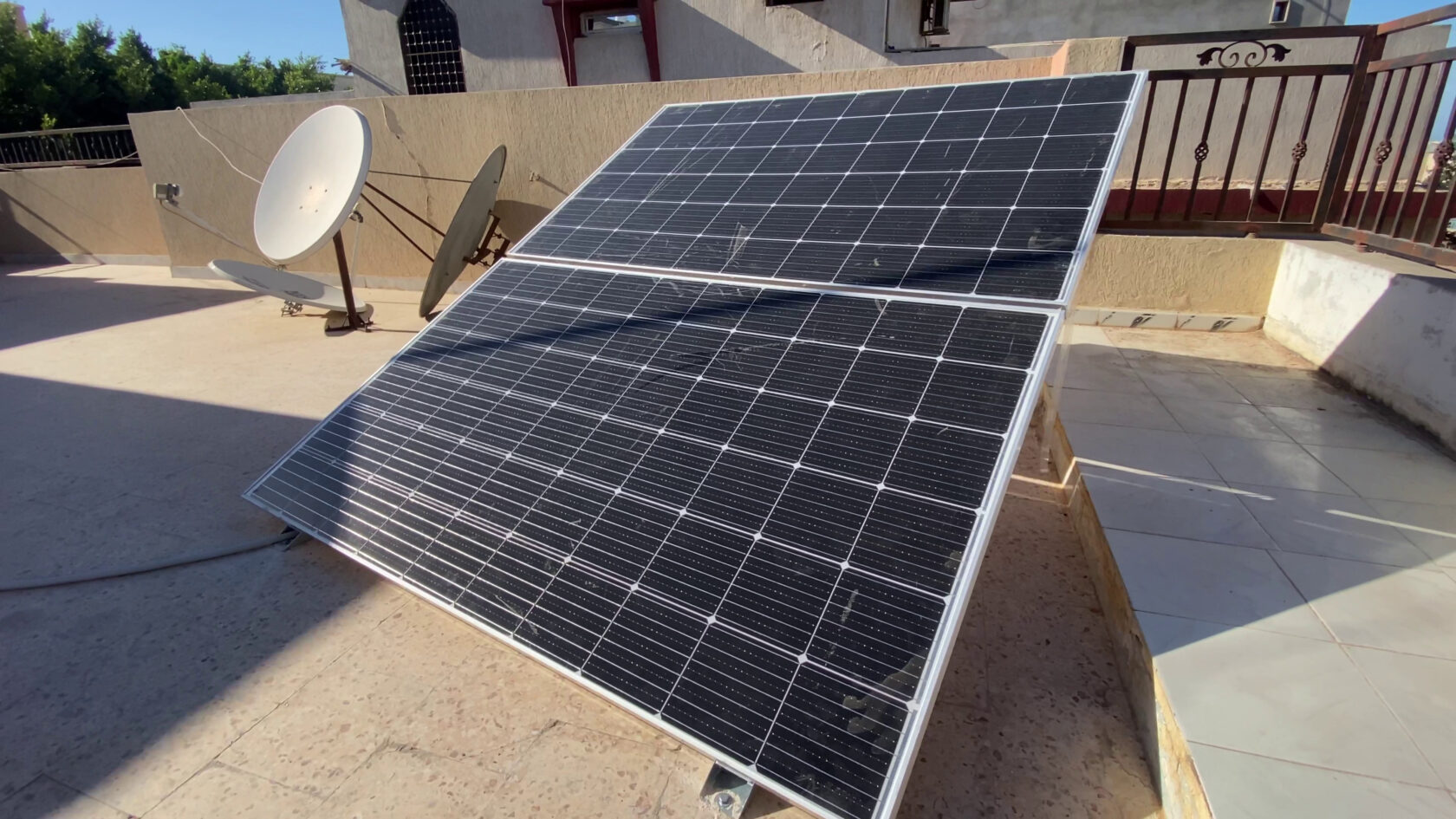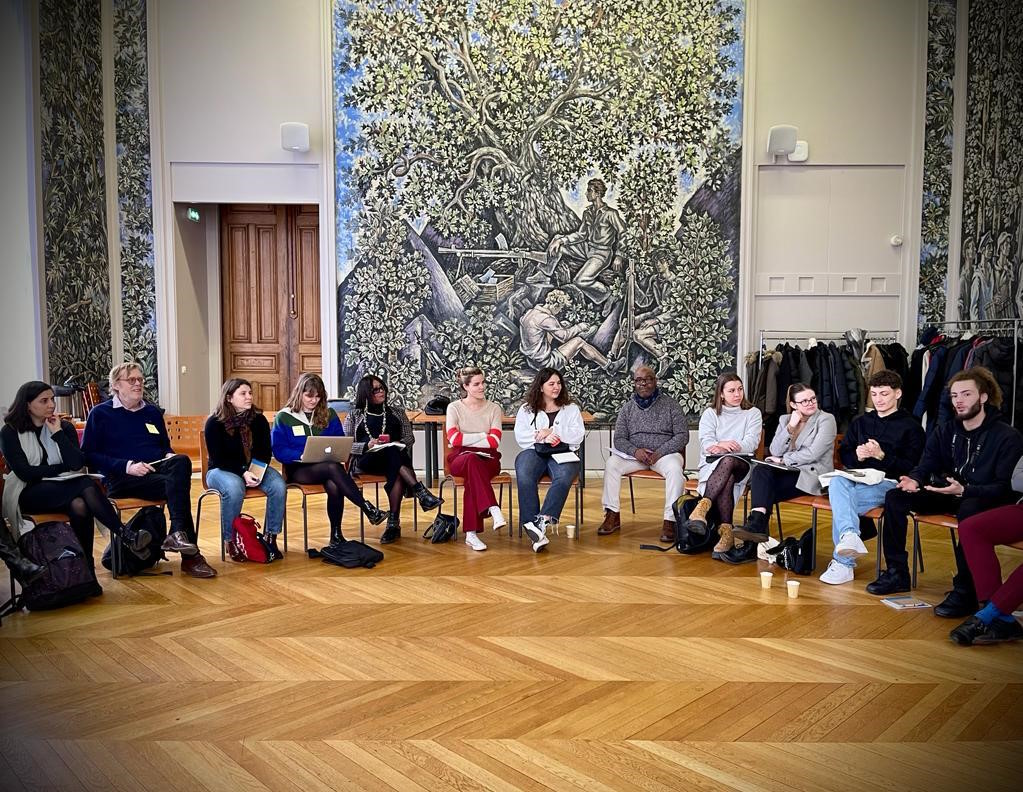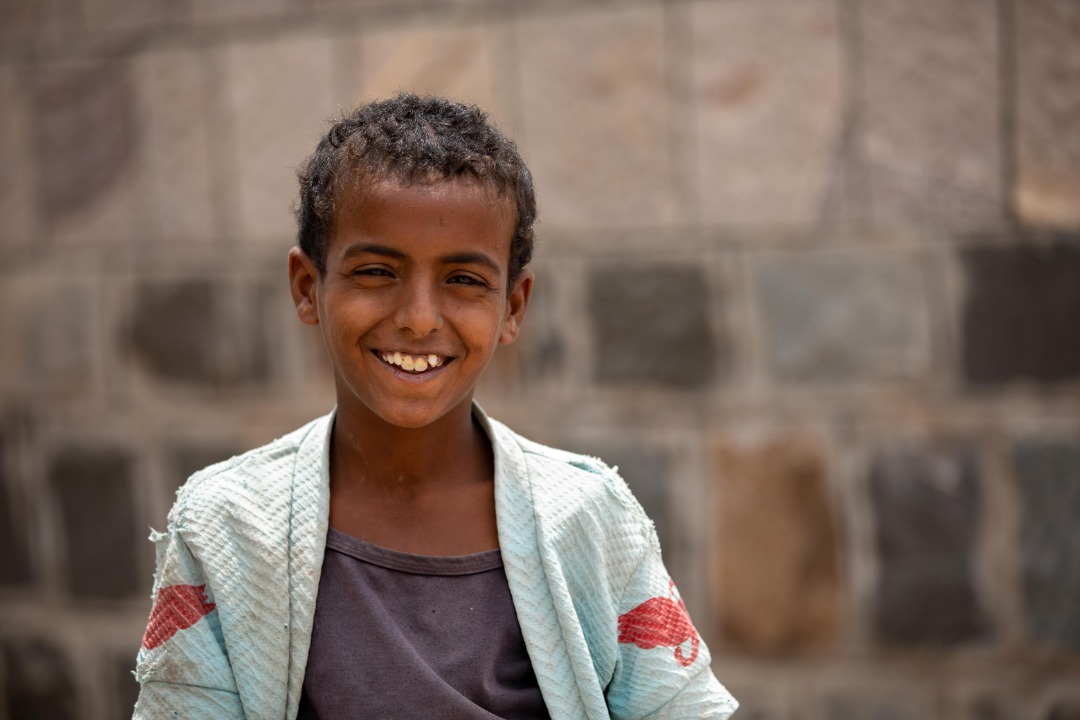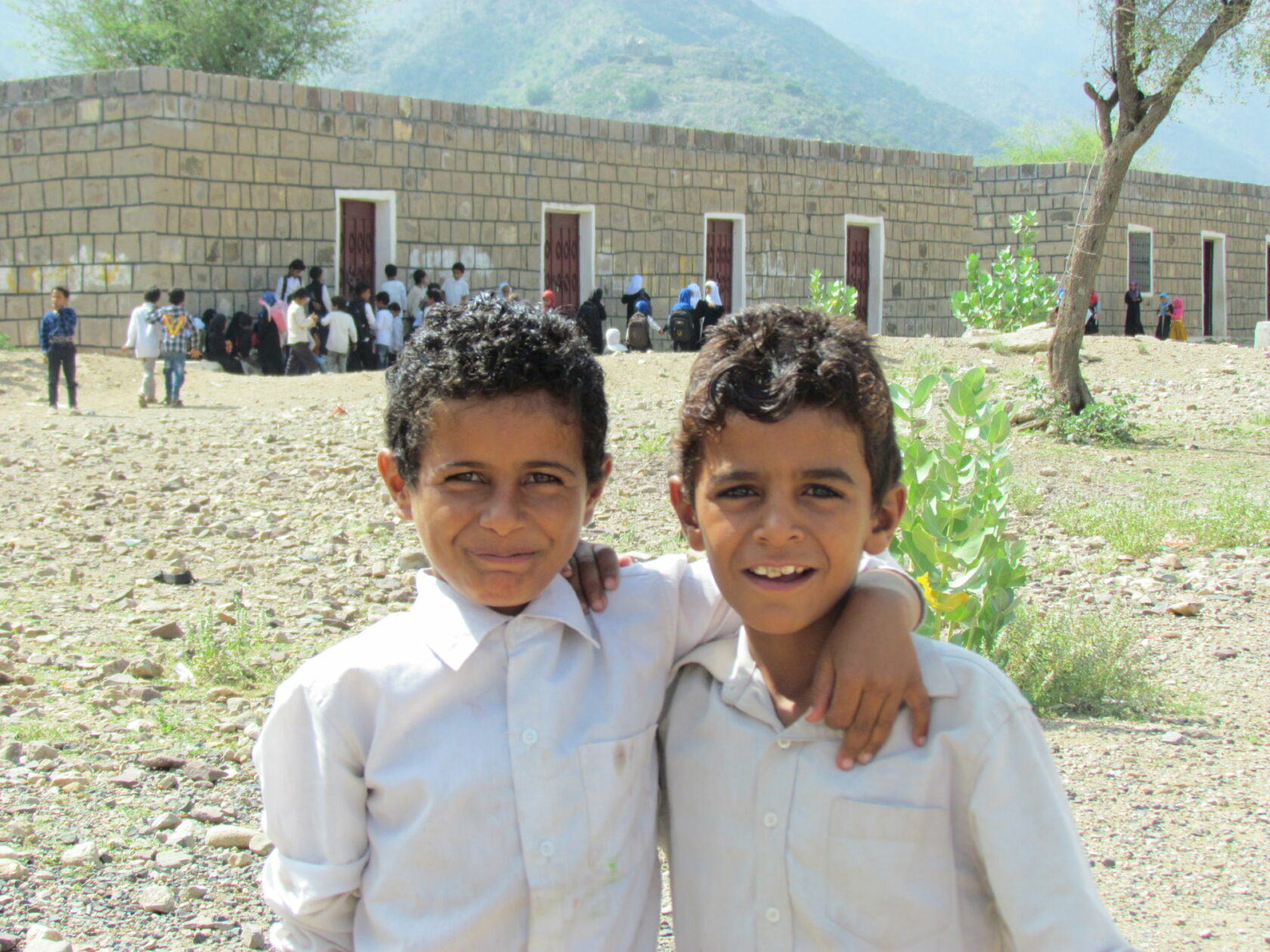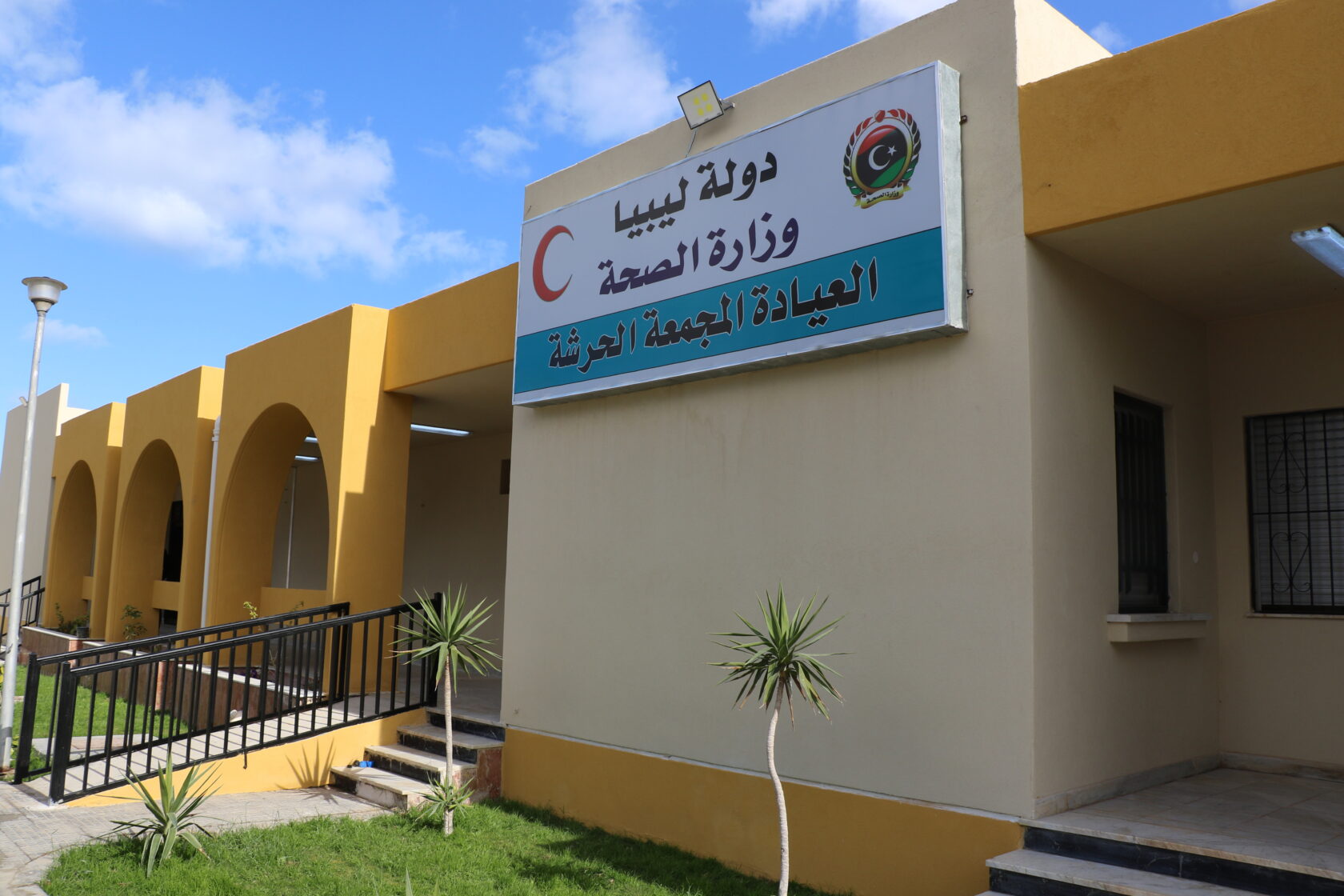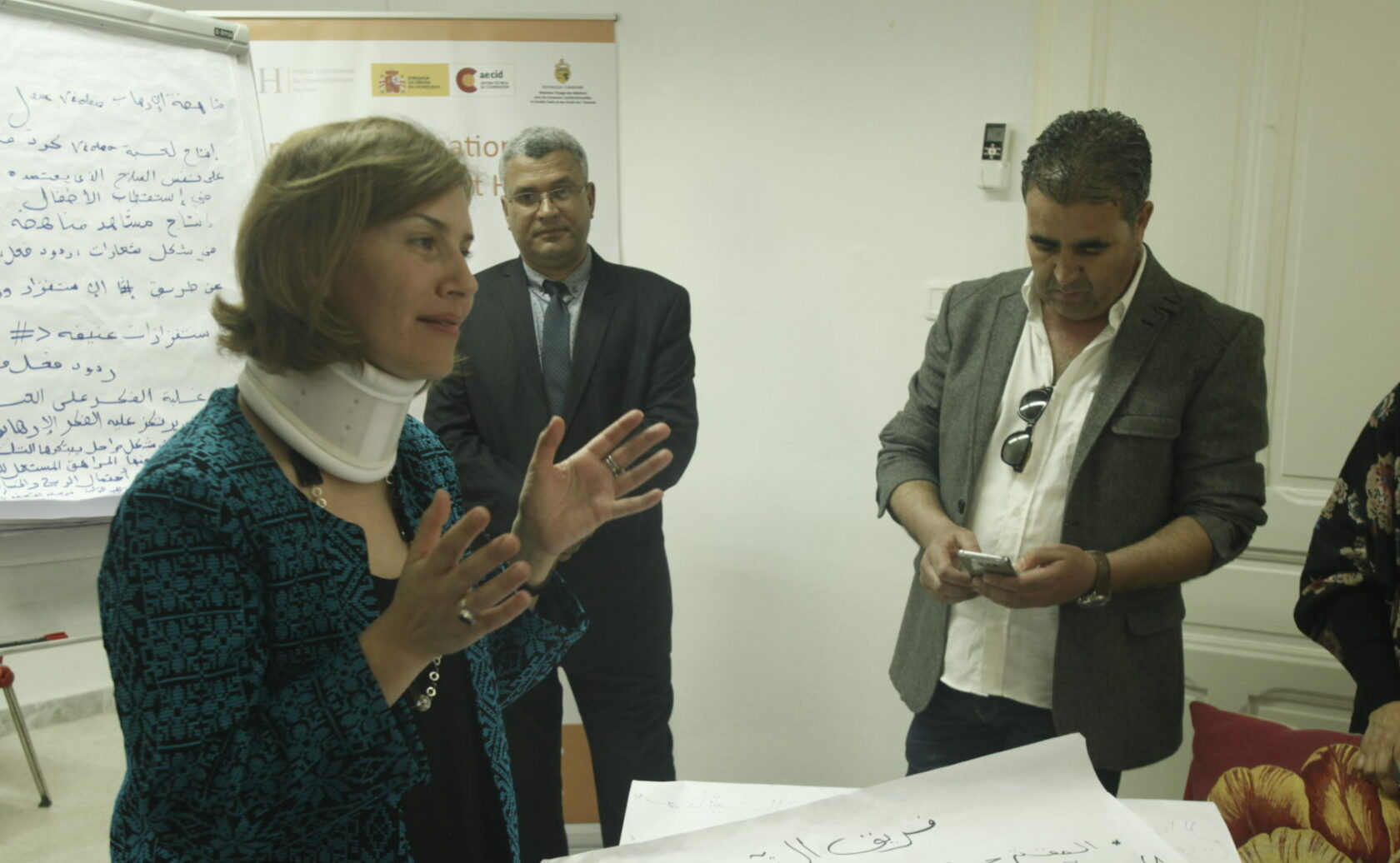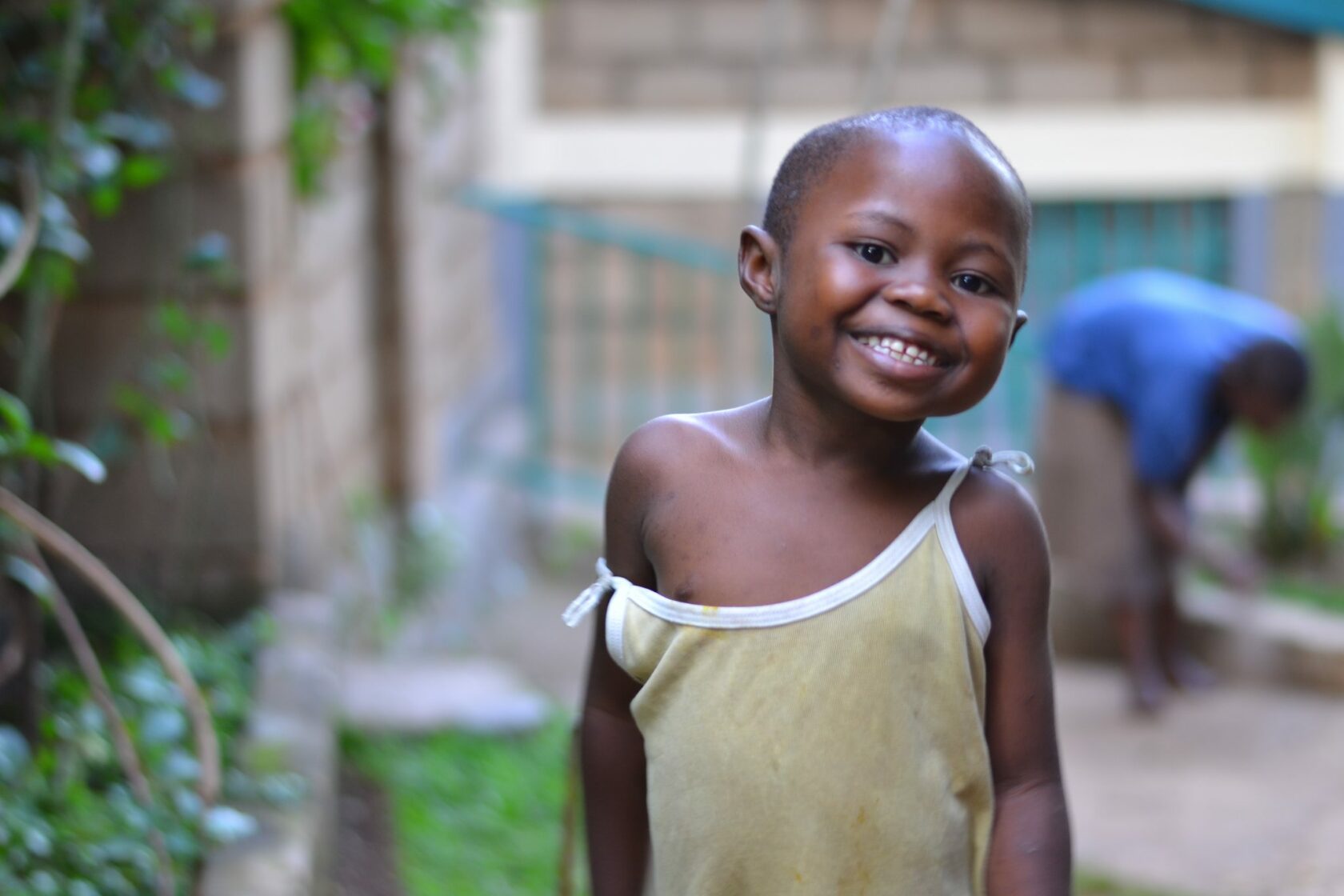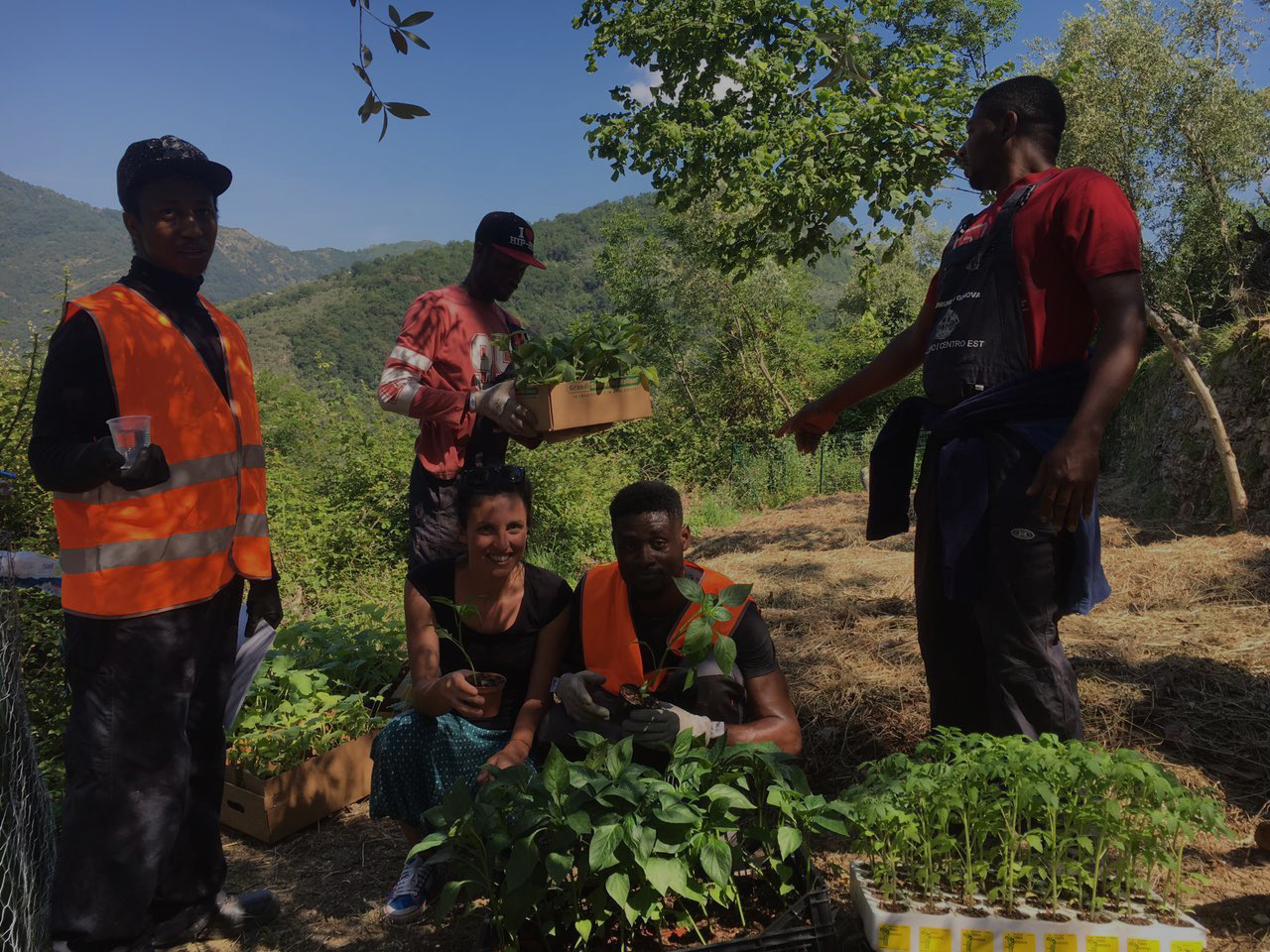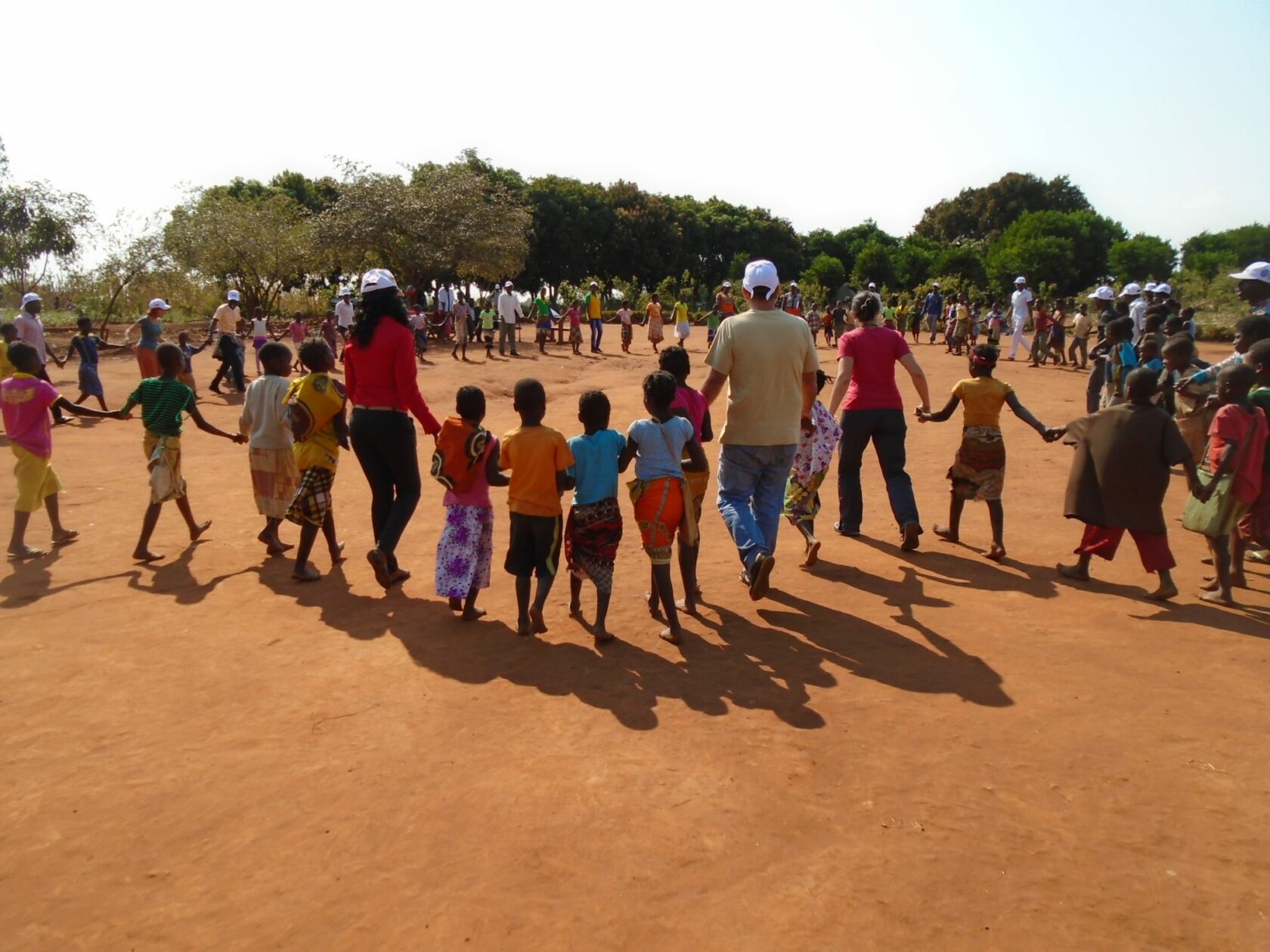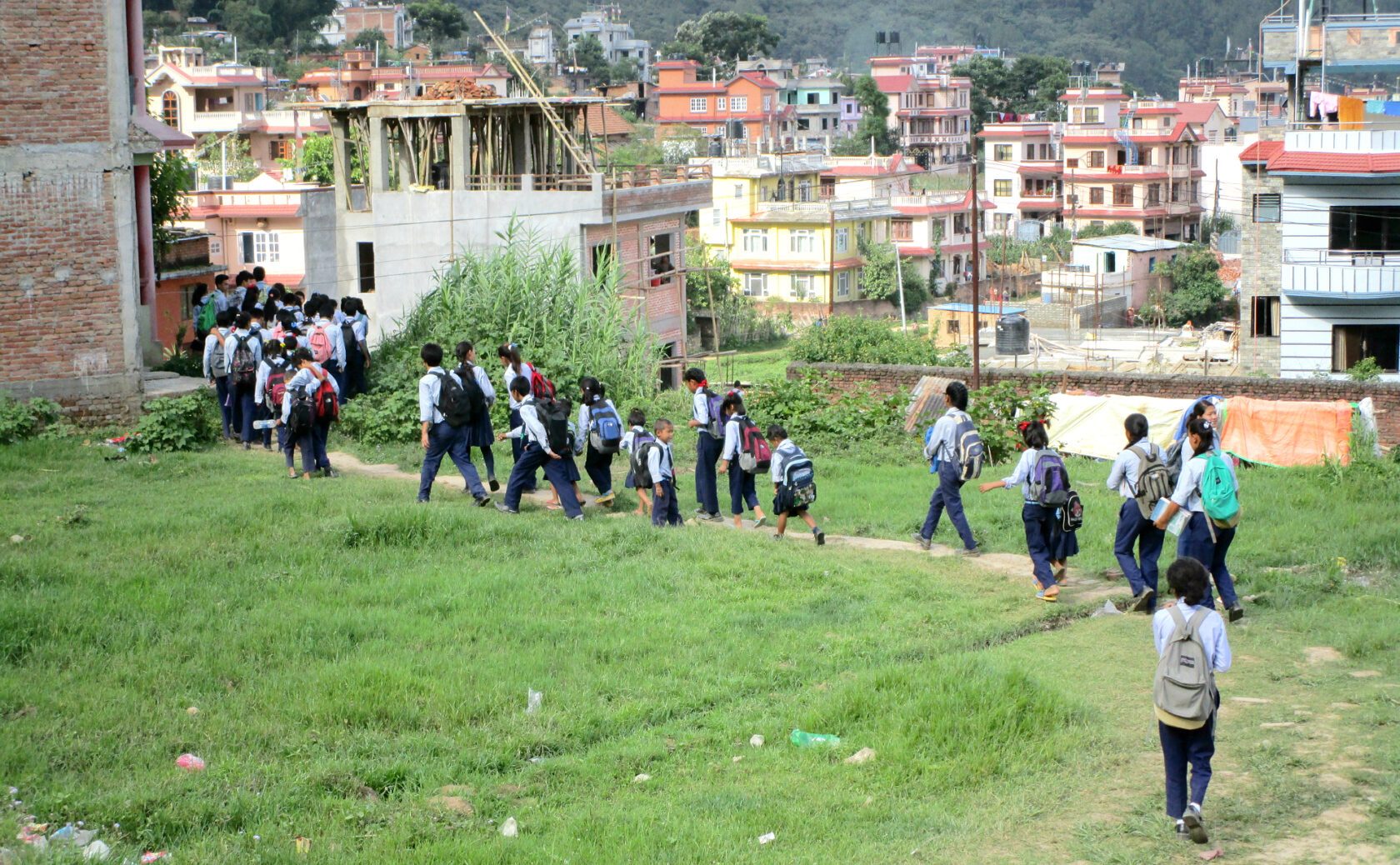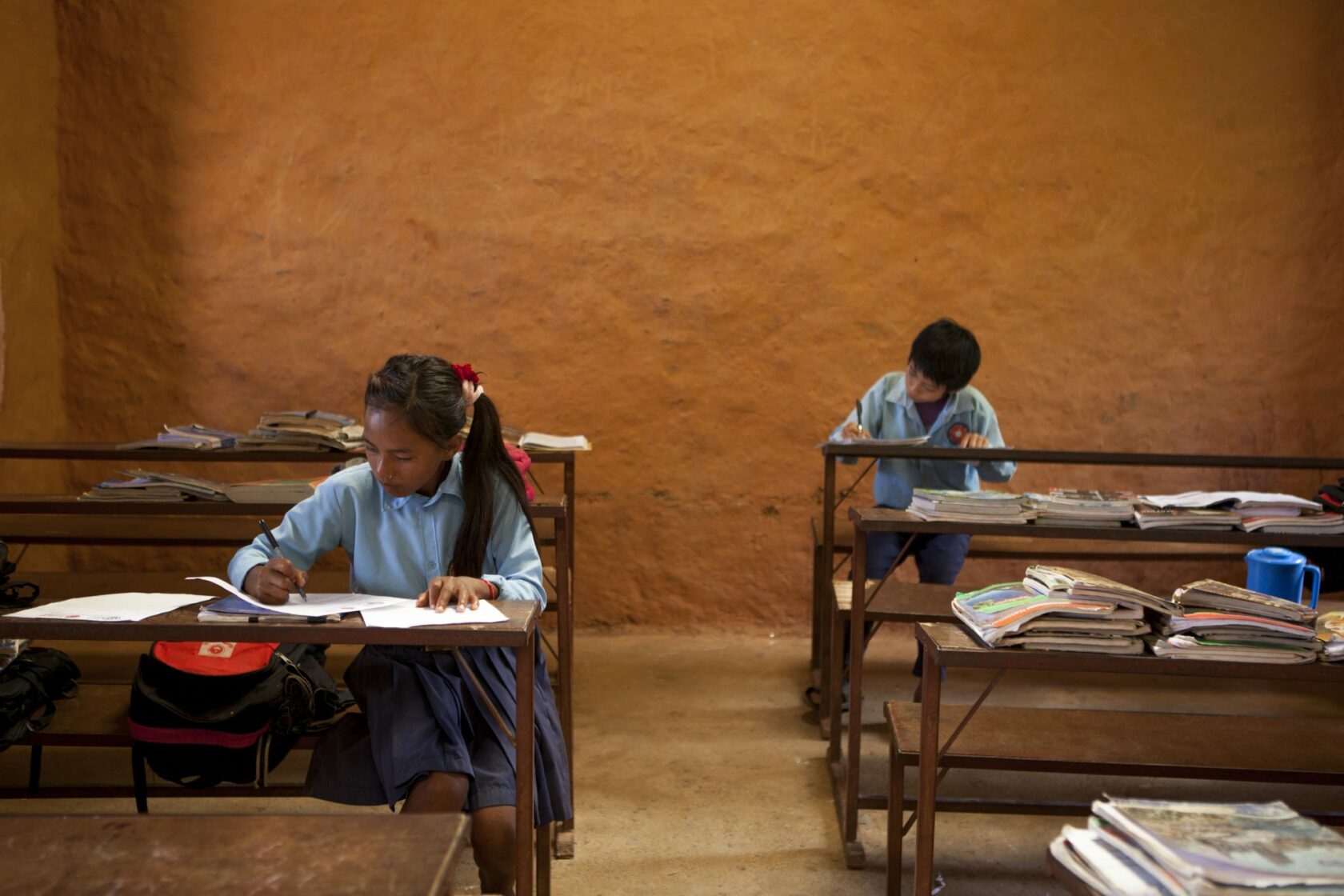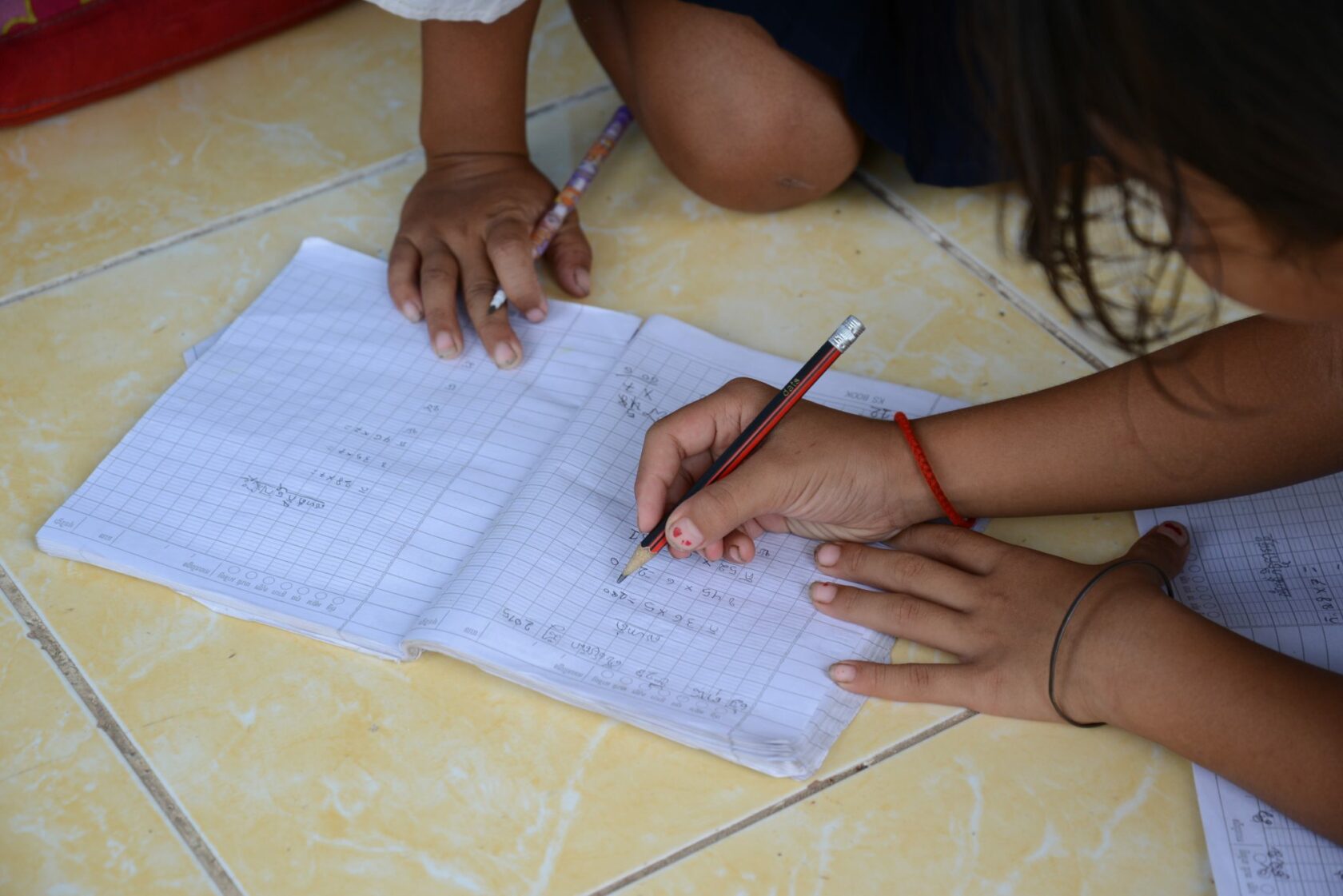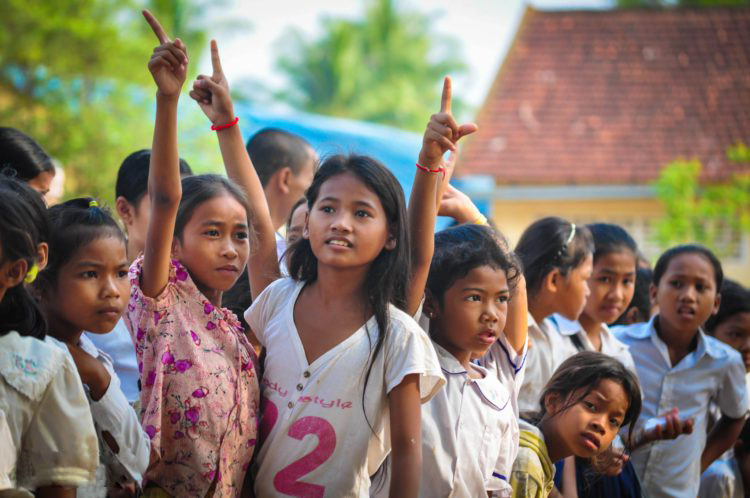Education is essential in order to give young people access to a brighter future and to ensure the development of the communities they live in. This is why we work so that all children – boys and girls – can access quality education, seeking to eliminate all forms of gender discrimination and promoting equal access to all levels of education alongside teacher training programmes.
For thirty years now, we have been striving to provide high-quality, inclusive and equal-opportunity education. We want to offer boys and girls in Italy and around the world the best possible educational opportunities, respecting and promoting their all-round development.
In particular, our work focuses on the construction and renovation of school facilities in order to provide access to water and sanitation. We work to provide school supplies and refresher courses for teachers and school employees, and we strive to remove barriers to entry faced by women and people with a disability. We intervene in emergency situations where the right to education is further threatened by violence and instability.
We use the school environment as a starting point to combat malnutrition and its serious consequences, providing meals that meet the nutritional needs of children at every stage of their growth and development.
We also operate in Italy, where the key issues are different from those faced in developing countries. Our primary aim is to combat educational poverty, and we focus on two main fronts: educational inclusivity and global citizenship education. Our work in Italy also includes initiatives and campaigns on the increasingly important topic of food education.
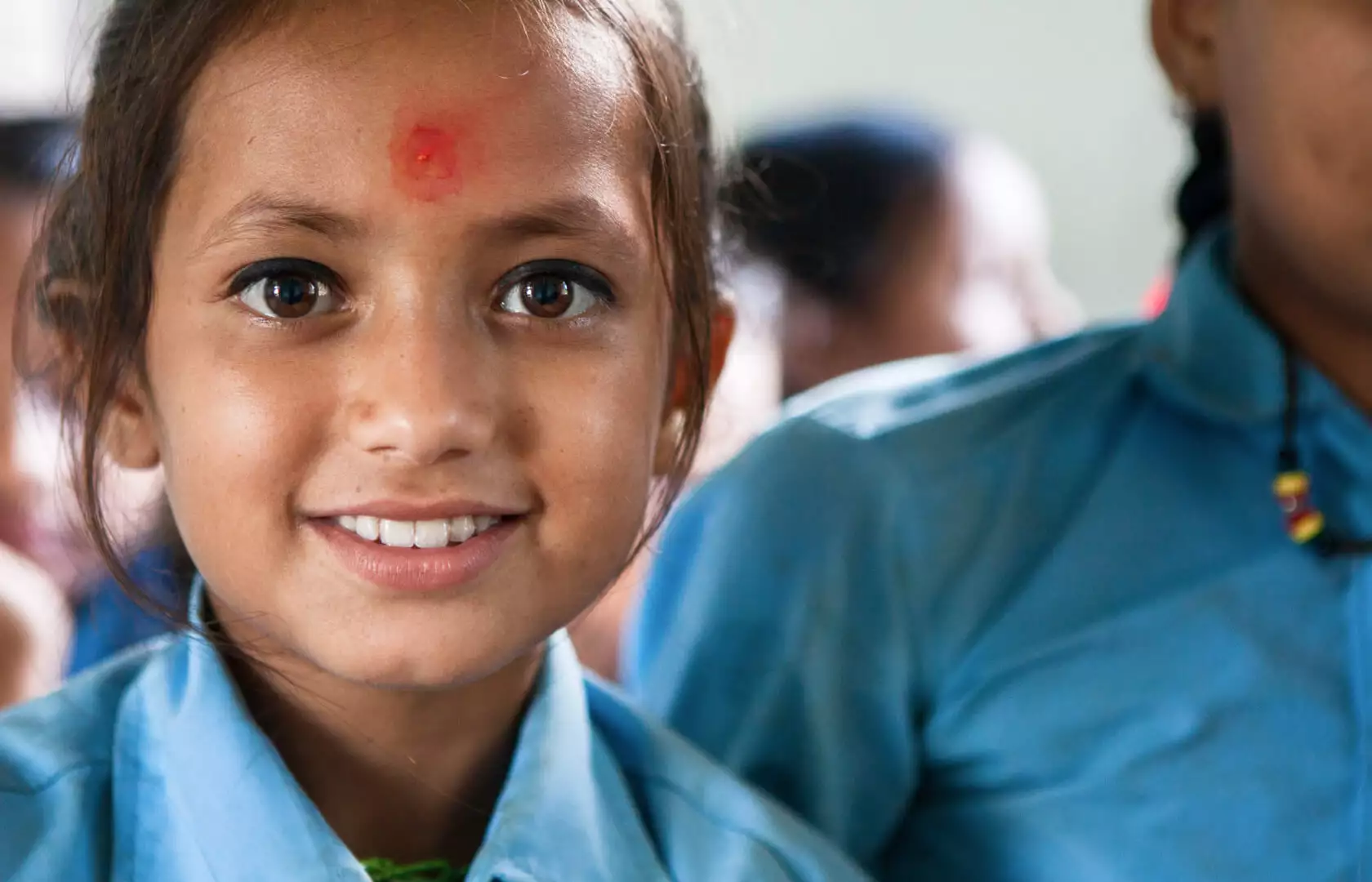
Guarantee a good education for all children.
Together we can eradicate educational poverty from the planet. Come and join the Helpcode community.
Make a donation
Help a child in difficulty now.
Make a monthly donation
Change the future for many more children, every day.
Sponsor a child
Help a child in difficulty carry on learning and growing, giving them a better future.
Would you like to help vulnerable children in a different way? Here are some suggestions.


